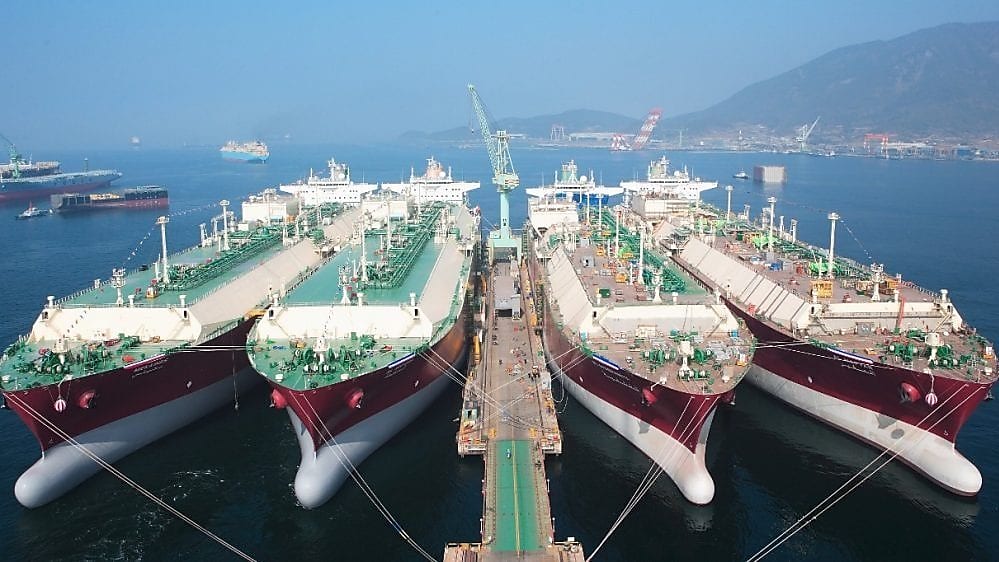Why choose LNG?
LNG or natural gas is a mixture of gases, predominantly methane. By cooling it to less than its boiling point, at atmospheric pressure, it reduces its volume by a factor of approximately 600 times for ease of storage and transportation over long distances. All substances which are at -100 0C or less, are considered cryogenic and demand special technologies for handling. Ships that carry such substances are the most demanding and technology advanced structures on the sea.
Global pollution, be it air or sea, is a real treat. Earth’s population is increasing on a daily cycle in proportion with energy demand. Using energy, we can generate electricity, drive to work, provide food, shorten long distances, in general sustain human life. Energy can be produced chemically, physically and by absorbing common sources (solar, wind). Most commonly used are chemical based sources, which are slowly wearing down our overall atmosphere. In the last 40 years or so, global warming increased by approx. 40%, which can create climate changes, that can damage vulnerable ecosystems and cause economic stress in countries with poor economic development. These changes are even more visible in over populated countries, with health issues and massive energy demand.
In the last 5 years several countries came to a unanimous decision to undertake a change in the world’s energy policy. Such goal was first attempted and succeeded at the Paris climate conference (COP21) in December 2015. This is the first international wide agreement, within the United Nations Framework Convention on Climate Change (UNFCCC), that aims to avoid dangerous climate change by limiting global warming to well below 20C. Till this day more than 85% of signatories ratified the agreement.
The biggest GHG emitters are currently China, the European Union and the United States, contributing more than half of total global emissions. Changes are already visible in China, based on their energy policy outlook, the other two are slowly but steadily realizing their plans.
Shipping industry cannot even compare to the high bidders of the world’s contributors of GHG, but it is still a major factor that cannot be overlooked. More than 90% of world’s trade is water-borne and plays a vital part in the economies of countries. With IMOs MARPOL Annex VI emission standard protocol on pollution by air, many companies will have to retrofit their ships with different cleaning systems or just adjust the engine (where possible) to be able to burn different type of fuel. After the year 2020 all of the fleet will have to abide to the rule of having less than 0.5% Sulphur in fuel on a global scale and less than 0.1% in special areas (ECA). That can be achieved by installing exhaust gas systems or any other technology that will limit its emission or by using a cleaner fuel.
Since in both cases the ship must be taken out from the trade, the question is which is the better choice in an economical long term view.
LNG has been a favorable solution for many shipping companies due to its low cost compared to conventional fuel. Since it provides an economic advantage, acceptable adaptability to existing engines and availability, most of the shipping industry and countries started implementing its benefits into their business. Research done by Wartsila company shows the benefits of changing from HFO-engine (fitted with scrubber system) to LNG fueled engine, that the first investment was for both retrofitting’s the same, but the operational costs in the long run, more favorable with LNG fueled engines. Both systems can decrease exhaust emissions, both of them cost relatively the same (it depends on many factors) but it is a fact that LNG fueled ships are more cost efficient than ships using exhaust cleaning systems.
Right now is the right opportunity for potential investors to choose whether to follow the same path or make a turn to invest in various LNG markets while it’s still in its booming glory and it will be for the next decades to come.
